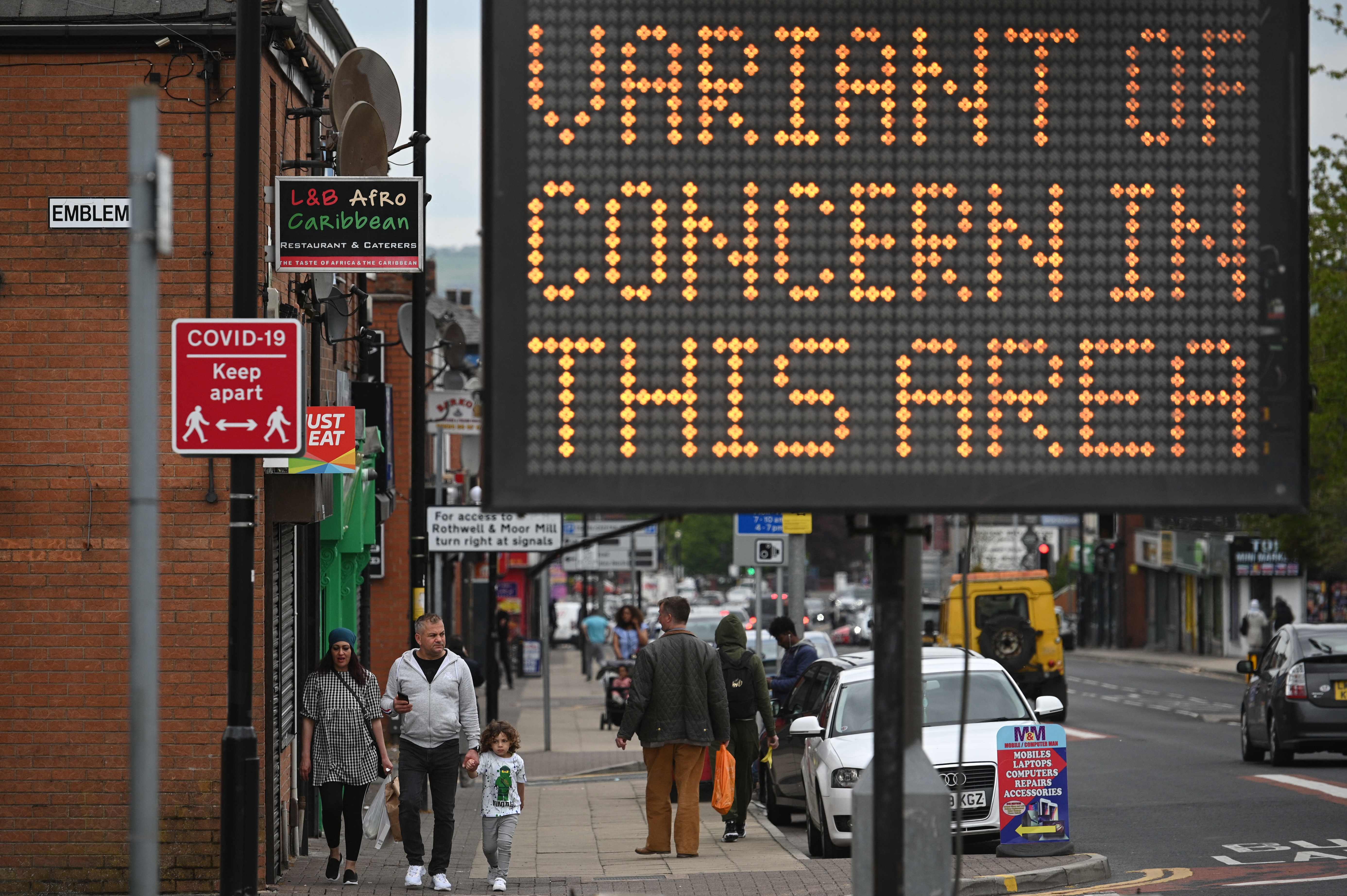The British public deserve answers now, not next spring. So we started our own Covid inquiry
Boris Johnson announced a coronavirus public inquiry will happen, but not until spring 2022. I seriously doubt it, says Michael Mansfield

Should there be a Covid inquiry now? Well, there is one. As ever where there is a failure of duty by the state, the citizens often step in and do the job themselves.
The People’s Covid Inquiry was convened on 24 February this year by campaign group Keep Our NHS Public. Preparation began last year in recognition of the urgent need for an independent public inquiry to address questions about policy and management in the light of an ongoing global emergency. Although the UK has one of the finest public health services in the world, it also had one of the highest Covid death rates during the first wave of the pandemic.
The urgency still prevails. Despite an increasing air of optimism and confidence, we are by no means out of the woods. Furthermore, no one really knows what “being out of the woods” will look like. The so-called Indian B.1.617 “variant of concern” is already taking hold here, overtaking the Kent variant in London and the North West as the most dominant variant in circulation. A failure to suppress this (and other future variants) risks a winter surge. Such a surge is not inevitable but will need effective strategy to suppress spread.
Boris Johnson may have success at the polls but this should not be conflated with credibility. Because of the enormity of the crisis, and under pressure from the bereaved, he announced last July that there would be a public inquiry, a gesture of political convenience without date or details. The clamour from many disparate and authoritative sources has since coalesced into a consensus for a judicial inquiry now. This has provoked another time ploy from the PM. We will have one, but not until next spring 2022.
I seriously doubt it. Having been involved in a large number of inquiries I am aware of the preparations that have to be in place right now for that to happen. A High Court judge needs to have been approached and agreed to take on a lengthy and onerous task. At least two specialist panellists would need to be approved and appointed to sit alongside, aided by specialist assessors. The legal teams would have to hit the ground running to gather evidence in the form of witnesses and documents ready to present in the spring. Then you’d need a venue to hold the inquiry. Every citizen has a vested interest. The Hillsborough inquests were held in a specially converted warehouse. Given it is likely to be the biggest and longest running public inquiry in British legal history, where’s it to be, the NEC in Birmingham?
Most important of all is scope. Under the Inquiries Act which will govern this inquiry, this will be set essentially by government. It is possible, therefore, for the PM via the Cabinet Office to exclude areas of sensitivity particularly if they might impact on ministerial ineptitude. “Not in the public interest” is a refrain that is heard all too often. Scope or “terms of reference” are therefore always a matter requiring careful and diligent scrutiny.
If, as we believe, none of this has been done, the public will receive an announcement that there is an unavoidable delay owing to logistical difficulties. That will ensure the hearings and ultimate report will take us way beyond the next election and possibly the next pandemic.
Meanwhile the People’s Covid Inquiry is addressing what the public, the NHS and other public sector services need to know now, not in 2027, so that these lessons can be applied to the ongoing pandemic. The fortnightly hearings receive accounts from witnesses that range from scientists and public health specialists to members of the public, including bereaved family members, health, care and transport workers.
The evidence is presented by Counsel Lorna Hackett to a panel of three experts, Professor Neena Modi, Dr Jacky Davis, and Dr Tolullah Oni for assessment and judgement, chaired by myself.
The topics grappled with in the biweekly hearings that began in February have so far included interrogating “preparedness of Government for a pandemic”, “whether scientific and public health advice was followed”, “impacts on key workers and frontline staff”, and the “impact of inequality and discrimination”. Future hearings will question the allocation of resources to the private sector for the pandemic response.
The inquiry has been approached by large numbers wishing to contribute and has already heard
live evidence from 25 witnesses, including highly prestigious medics and academics (starting with Sir David King who was chief scientific adviser to the UK government between 2000-2007), committed frontline workers, and most importantly the bereaved. Sessions are accessible for the public to view and every word is recorded. These important words will form the basis for a report of findings and recommendations for the benefit of the public and the government later this year.
Michael Mansfield QC is a human rights barrister, and chair of the People’s Covid Inquiry
Join our commenting forum
Join thought-provoking conversations, follow other Independent readers and see their replies
0Comments